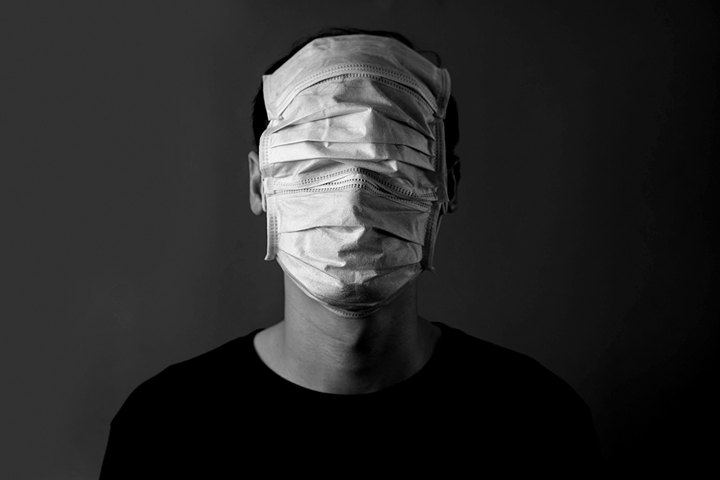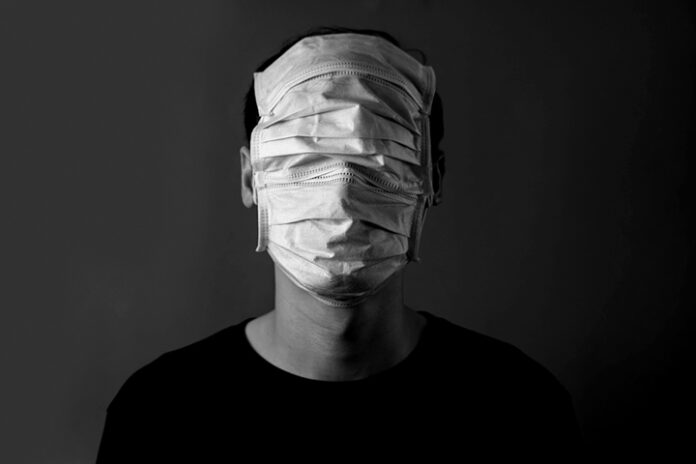
YES, we may all know by now that contracting Covid-19 can be a harrowing experience. It’s almost like signing a death sentence that’s hard to extract yourself from. As they say in the vernacular: “Ang isang paa mo para nang nasa hukay [one leg is already in the grave].”
We’ve heard of the many stories of Covid-19 sufferers, how they hovered between life and death while in the hospital all alone, in pain and yet with no one to talk to in order to find comfort.
But what about those that did make it in their Covid-19 ordeal? Were they able to recover totally or were there changes, either physical, emotional or psychological? How did the experience totally affect their perspectives in life, post-Covid?
Changes
HIGH-school music teacher Edwynn Castillo was told by his doctor that it will take about six to eight months for him to fully recover. In the earlier stages of his recovery after a severe bout with Covid-19, he could not have a full meal. “I have to eat half or even less because with a full meal, it would be difficult to breathe after.”
He recalled an experience when he tried to reach something from atop their cabinet. He simply stretched his arm to reach the object, but felt out of breath after that.
“I thought that probably because my lungs were damaged by Covid-19, that I still cannot move that well. After getting the object I tried to reach, it was like when I started—where I would immediately feel being out of breath.”
After four months, he can go up and down a flight of stairs already, but he can do it only once because he soon becomes out of breath. He also started driving, but only for a short distance.
One thing he also noticed: when there’s too much activity, it’s like he was going back to where he started. And with the kind of heat he was bearing, coping was difficult. “It’s important to hydrate or best stay in an air-conditioned room whenever possible.”
For Edwynn, the changes were more physical, but for Jheboy de Mesa, a medical frontliner, it was more emotional or psychological. Though he was not hospitalized for his Covid-19 episode because his was only a mild case, the changes were hard to ignore. He would easily become too hot-tempered, which started when he went back to driving.
“I started to notice that change when on the road and driving, that I would easily get irritated, like when another vehicle is getting too close to me or trying to block my path. At home, sometimes I easily get mad at my wife and kids.”
In those instances, he said he would just simply tell himself to calm down by breathing deeply, and then keep quiet so he won’t get into an argument with his wife. Jheboy could not ignore that fact: that what changed in him after Covid-19 were mostly behavioral.
For Reggie, who works for the BPO sector, and his wife Terrie, who both struggled with a mild case of Covid-19 at the same time, the changes were mostly mental. They were so traumatized that they wouldn’t try and dare go out of their house for fear of contracting the virus again.
“If ever we don’t have a choice and would have to really go out of the house, the fear kicks in the moment we’re outside. When we’re at our destination, I feel like we’re on a rush to go back home for fear of getting the virus again,” said Reggie.
He said that whenever they are out of their house, which these days happen rarely unlike before, they would easily lose focus on where to go next. Their fear? That everyone is a virus carrier.
When eating, Reggie noticed there’s always an aftertaste—a sense of bitterness regardless of the food he ate, unlike his wife Terrie. He thinks probably because he was the one more affected by the virus.
A positive impact of having Covid-19, he thinks, is that they now prepare well when going to another place, perhaps because of the hardships they went through in dealing with Covid-19.
For the long haul?
SO, are there really long-term effects of Covid-19 on patients who were lucky enough to recover?
Yes, there are long-term effects of Covid-19, according to Dr. Cybele Abad, a Clinical Associate Professor of Medicine in Infectious Diseases at the University of the Philippines Manila and a regular consultant of the Section of Infectious Diseases at the Department of Medicine of The Medical City, where he also heads Infection Control.
“Yes, for some. It’s been called Covid-long haul or post-Covid syndrome or PASC—Post Acute Sequelae of SARS COv2.”
She said the long-term effects are highly variable and may vary from person to person, but the most common symptoms are fatigue and breathlessness or difficulty in breathing. Other symptoms may include cough, headache, palpitations, “brain fog” (symptom of a nutrient deficiency, sleep disorder, bacterial overgrowth from overconsumption of sugar, depression, or even a thyroid condition), among others.
Would therapy work? Dr. Abad answered in the affirmative. “Yes—it looks like pulmonary and physical therapy work, but this is still being studied as more and more people recover from Covid-19 and have long-term sequelae.”
When asked if the government has plans in place or if private hospitals are looking thoroughly into post-Covid-19 treatment regimen, she sounded uncertain, but expressed hope that this is so. “I think there are people already looking into it, a Covid care clinic that should be a multi-disciplinary clinic from different specialties.”
Indeed, given the nightmarish scenarios of deaths in the thousands in places like India and Brazil, Covid survivors have a lot to be grateful for. Yet that doesn’t erase the fact that for some, being certified by doctors as a Covid survivor may just be a tiny step in a long, long journey to full recovery.
Image courtesy of Jurate Buiviene | Dreamstime.com
Read full article on BusinessMirror

